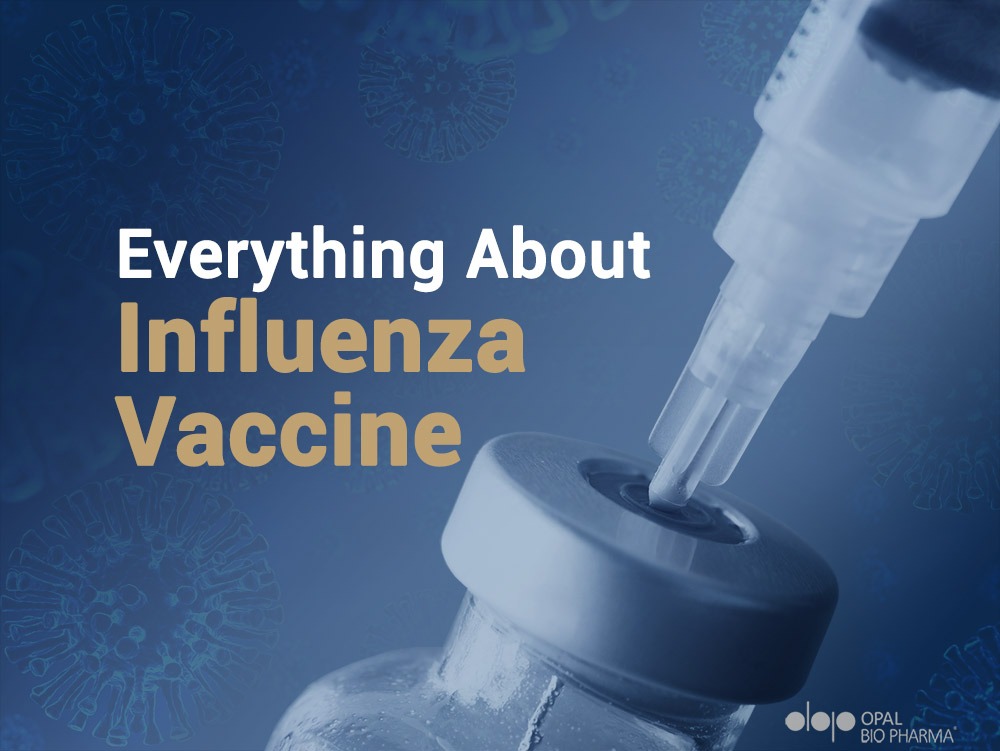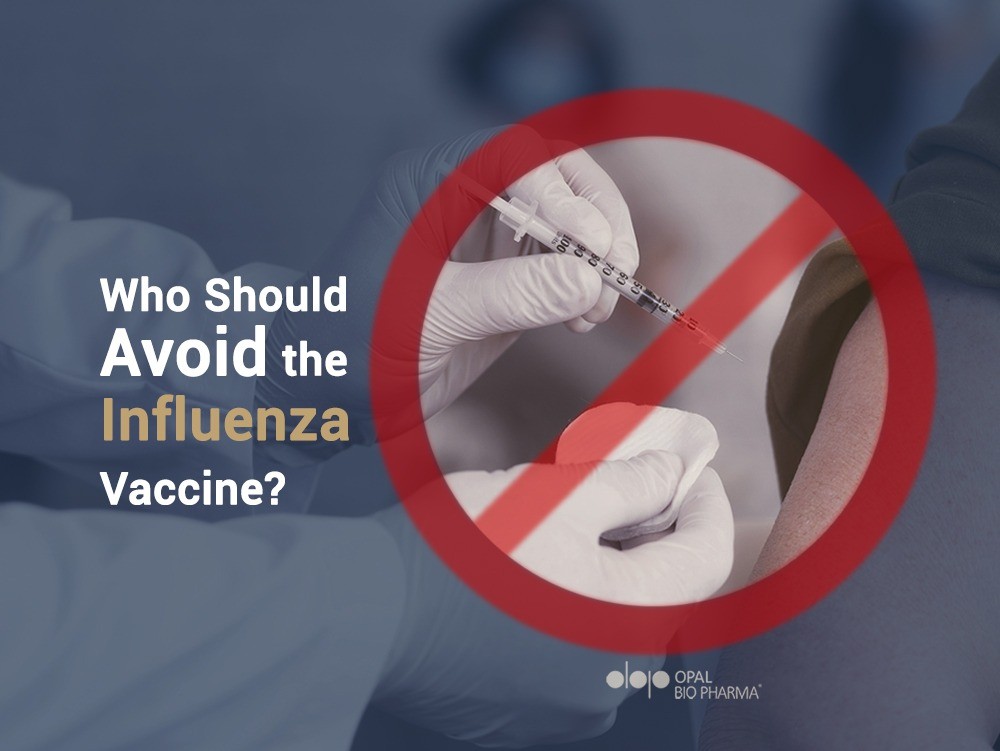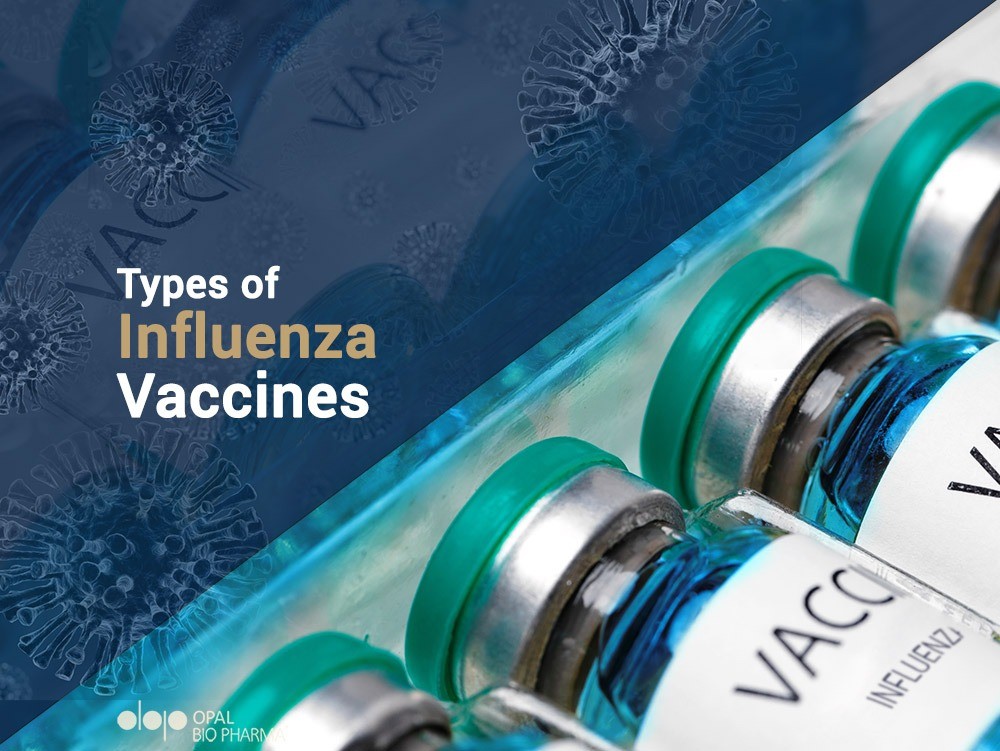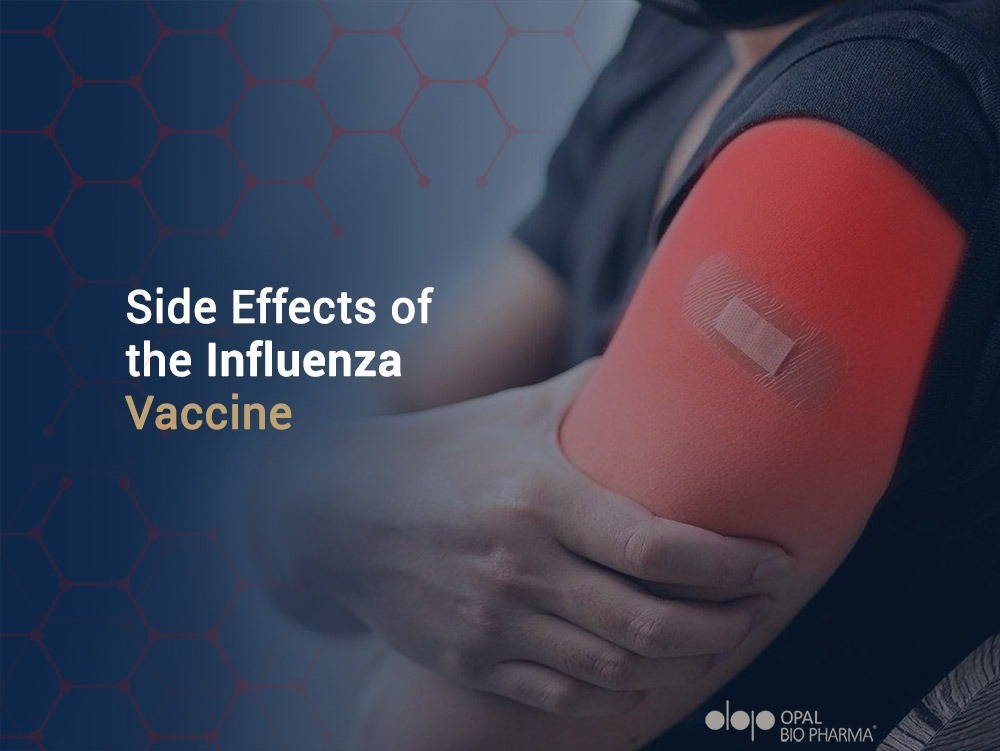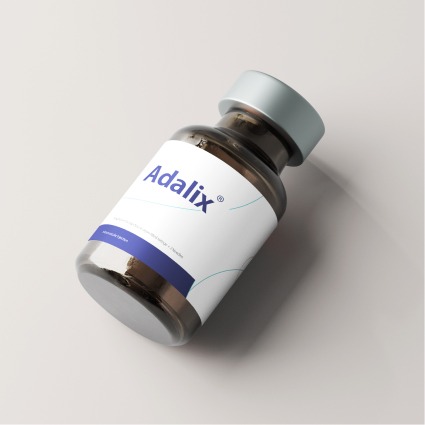Everything About Influenza Vaccine
The diversity of ailments and viruses is overwhelming, but some entangle people more frequently, including influenza. Also called flu, influenza can appear in four subtypes of A-D and is generally expected during the cold seasons. Being a highly contagious virus that travels around the globe and involves a massive diversity of people, influenza is constantly on the course of mutation. These changes are antigen shifts or antigenic drift and the best way to encounter them is through vaccination.
The influenza vaccine is considerably common and is strongly recommended to be received yearly. It can effectively cut down the rates of illness, hospitalization, and even death. Since influenza viruses mainly target the respiratory system, there is no one hundred percent assurance of the protection resulting from vaccination. Nonetheless, everyone needs flu antibodies to fight the viruses, especially people with special medical conditions.
Influenza Vaccine
As influenza can spread rapidly and impose mild or severe effects on its hosts, we must immunize ourselves against it through vaccination. On the whole, people 6 months or older are recommended to get a flu jab every season. The golden period for influenza vaccination is during autumn or early in the winter. The main reason for that is to let the immune system produce the necessary antibodies, as it requires about two weeks since you get your flu shot. Contrary to other vaccines, the influenza vaccine cannot promise life-long protection as the virus never stops transforming. That makes the influenza vaccination crucial, especially for the target groups more exposed to the dangers of the infection.
Target Groups
The National Health Service (NHS) offers free influenza vaccination for the target groups. They consist of pregnant women, people aged 50 or older, and patients who cope with various diseases, including chronic heart disorders, chronic kidney disorders, diabetes mellitus, and neuromuscular and neurological disorders. What is more, permanent lung damage (caused by COVID-19, for instance) and impaired immunity against infections would put you at high risk and make you an NHS candidate for free influenza vaccination. Reduced immunity can be the offshoot of certain conditions, such as liver cirrhosis, immunosuppressive medication, auto-immune disease, chemotherapy, and (functional) asplenia.
Who Should Avoid the Influenza Vaccine?
Although it is a must for certain groups to receive flu shots each year, some individuals should give heed to the influenza vaccine and think twice before receiving a shot. As you might have guessed, children younger than 6 months have not developed a sufficiently strong immune system to get a flu shot. Additionally, people who have previously experienced hardship regarding allergic reactions to the influenza vaccine had better avoid vaccination or consult their general practitioner. The same precautions are advised for people with Guillain-Barré syndrome (aka GBS) or those who are allergic to one or several of the flu vaccine ingredients.
Types of Influenza Vaccines
The influenza vaccine production could be troublesome, as some viruses might take longer to spin around different areas. That’s one difficulty during the preparation of a candidate vaccine. In any case, the best way to steer clear of pertinent infections, or at least, assuage the period of convalescence, is through on-time vaccination. There are eight types of influenza vaccines that you can take advantage of. They vary not concerning the administration routes but the ingredients and their methods of development. All of them are given via a needle, except for the egg-based nasal spray flu vaccine, which contains live attenuated flu viruses and is approved only for people 2 to 49 years old with no exceptional health condition.
The usual standard-dose influenza vaccine is called the flu shot and contains the flu viruses grown in eggs. Another type is the jet injector vaccine, also known as Afluria Quadrivalent, which is licensed for people 18 through 64 years of age. This is while the quadrivalent flu vaccine is egg-free and offers higher protection against four influenza viruses. Similarly, cell-based flu vaccines are free of eggs as the flu viruses are grown through cultured cells of mammals. However, if you are looking for an option that would trigger a stronger immune response, the high-dose flu vaccine (Fluzone High-dose Quadrivalent) suits your needs; it offers a fourfold increase in the amount of antigen, resulting in more protection. Another similar type that promises a robust immune response is the adjuvanted flu vaccine, encompassing a particular ingredient called an adjuvant. Nevertheless, only people 65 or older can benefit from this option. And last but not least, the recombinant flu vaccine (Flublok Quadrivalent) is another egg-free option with a threefold increase in the antigen amount compared to the usual standard-dose flu vaccine.
Side Effects of the Influenza Vaccine
It is not surprising to find out that getting infected by the flu vaccine is a myth. The influenza vaccine is safe, and even if you get the flu after vaccination, it means that the virus has already targeted your system and you should have taken care of the vaccination earlier. All that being said, we should keep in mind some of the possible side effects that a flu shot may bring about, including fever, nausea, headache, and muscle aches. The spot where you get the shot might as well get affected and feel painful, along with some swelling and redness. The good news is that these side effects often appear pretty mild and are indicative of the body’s response as the immune system is enhancing itself to stand against future infections.
Allergic Reactions
Things, however, might run amok in some cases when the individual is allergic to one ingredient or more of the vaccine. That may provoke a number of severe reactions for some time after receiving the shot, like hives, swelling around the lips or eyes, weakness, difficulty breathing, dizziness, paleness, hoarseness or wheezing, or a fast heartbeat, to mention a few. Even with no allergic reactions, you may still observe other unusual symptoms like changes in behavior or a high fever. As mentioned earlier, these symptoms/reactions should not last more than a few hours. Yet, if they wait around longer than expected or are intense, you had better go to your doctor as soon as possible.
The Price for the Influenza Vaccine
Along with NHS, which takes over the flu vaccine costs for a wide range of individuals, most of the health insurance providers in many countries also pick up the bill for them. You can drop around a number of urgent care facilities and pharmacies and get your vaccine with no requirement for any sort of coinsurance or copayment. Still and all, many people may not find any way to put up with the charges. The aforementioned types of influenza vaccines belong to different manufacturers, although the price tags share similar grounds. The Fluzone High-Dose and Flublok Quadrivalent are available at an identical cost of $60.73, though it might stretch up to $73.99 and more in some other spots due to additional fees. That being said, the final charge heavily depends on the kind of vaccine and where you get your flu shot.
Cost-Effective Alternatives
Though the expense for the influenza vaccine may not seem too high to hunt everyone down, the circumstances are indeed not in favor of a large group of people. Specifically, these expenses are malevolently unaffordable across the Middle East and other developing countries. By way of an alternative, biosimilars offer similar potency and efficacy but with more generosity concerning the sky-high prices of biological medicines. Their safety is at no question, as they must go through a complete course of evaluation which leaves no room for worry. Among a variety of companies putting their focus on manufacturing biosimilar products and expanding their product lines, the Oman-Based Opal Biopharma is a case in point. Utilizing the most leading-edge technologies, Opal Biopharma offers competitive products that would considerably pare down the costs, including that of the influenza vaccine.
Final Thoughts
The influenza vaccine is one of the most common – if not the most – vaccines around the globe and the best way to build up a shield against the virus. Even though the symptoms, such as sore throat, headache, fever, and cough, usually appear mild, they might get severe and cause serious health issues. By contrast, the side effects of the influenza vaccine are temporary and quite gentle. The flu vaccine is available in various brand names and under different pricings, ranging from a $30 standard-dose flu shot to a $74 Fluzone High-Dose Quadrivalent. At any rate, biosimilars are at hand as more budget-friendly options with no cutting corners. They are most suitable for anyone who needs the vaccine but cannot either take advantage of health insurance coverage or pay for the charges on their own.
